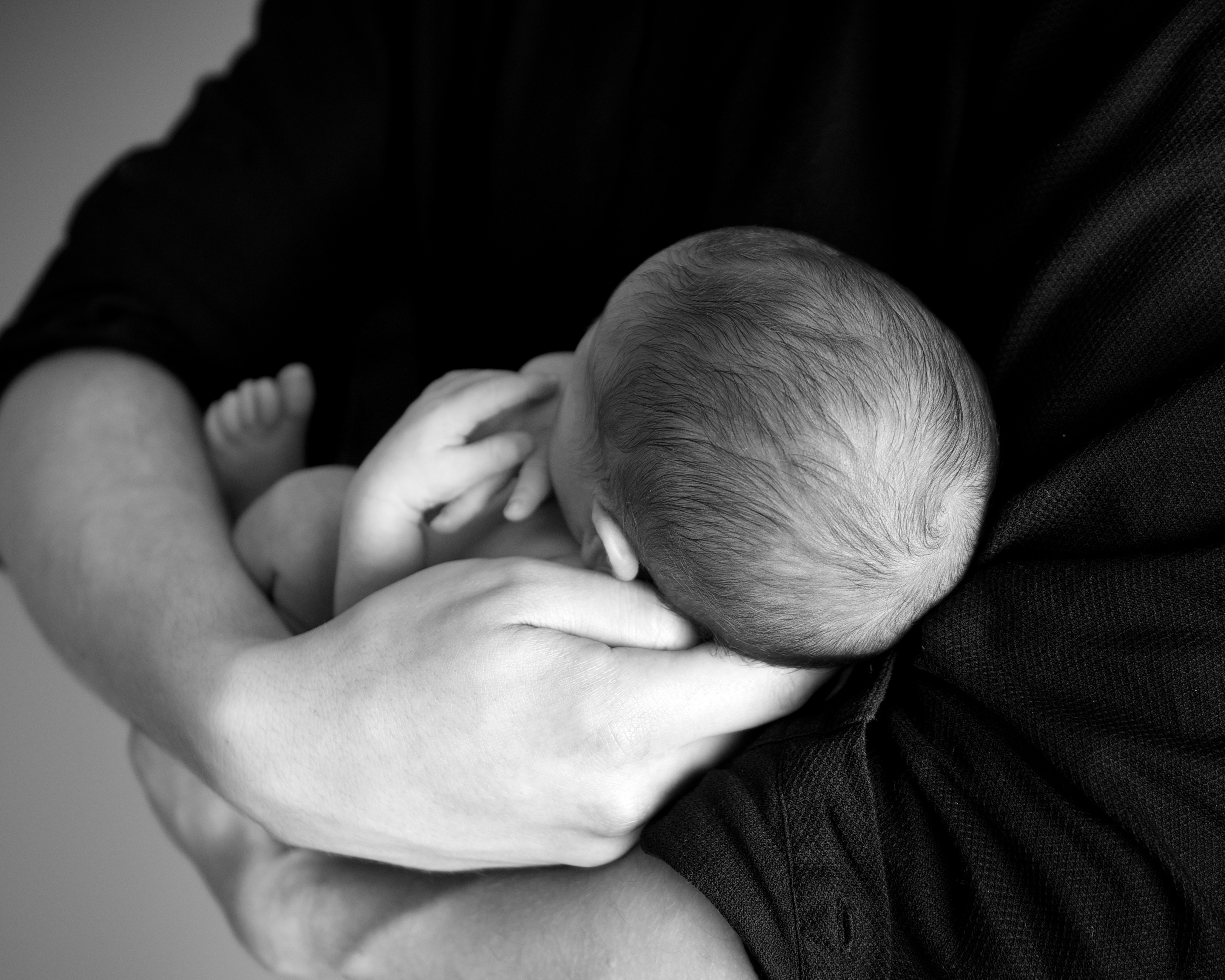Goldman Sachs offers staff up to $20,000 for fertility assistance

In an effort to boost equality and close the company’s gender pay gap, the global investment bank, Goldman Sachs, is offering up to $20,000 for prospective parents on its staff to cover the costs of extracting eggs or purchasing donated eggs.
A staff memo explained the benefits offered by the new “pathways to parenthood” scheme were “designed to enable everyone in our workforce to better manage the commitment to their careers while starting, growing and supporting a family.”
The bank will offer employees up to $10,000 to cover the cost of egg retrieval. In the UK, the medication and extraction procedure costs about £5,000. Staff will then be expected to pay for any long-term freezing and storage costs (approximately £125–£250 a year).
In order to purchase eggs from donors, employees will be offered up to $20,000. This payment will be most useful for staff outside of the UK, however, where it is currently illegal to pay for egg donation (although donors can be compensated by up to £750).
In his IZA World of Labor article, Massimiliano Bratti writes about the effects of postponing having children on women’s labor market outcomes, noting how demographic trends show an increase in the age at which women are having their first child in most developed countries. “Most research finds that postponing the first birth raises a mother’s labor force participation and wages but may have negative effects on overall fertility, especially in the absence of supportive family-friendly policies,” he says.
A number of UK firms have been introducing or improving their family-friendly policies, including Standard Life Aberdeen and Vodafone—which last week announced steps to try to equalize mothers’ and fathers’ experiences in the workplace when they have children.
Standard Life Aberdeen is offering nine months of full pay for parents—both mothers and fathers—in a move considered to be very generous, regardless of whether the mother gives birth to the baby, the baby is born via surrogacy, or the child is adopted.
Bratti feels that countries may want to lessen the trade-off between women postponing having children and creating a stronger labor market attachment and yet having fewer children and therefore reducing fertility rates “by investing in family-friendly policies. Examples include the provision of public childcare services, incentives to private firms to provide childcare services, and promotion of paternal leave policies to improve the gender balance in childrearing.”